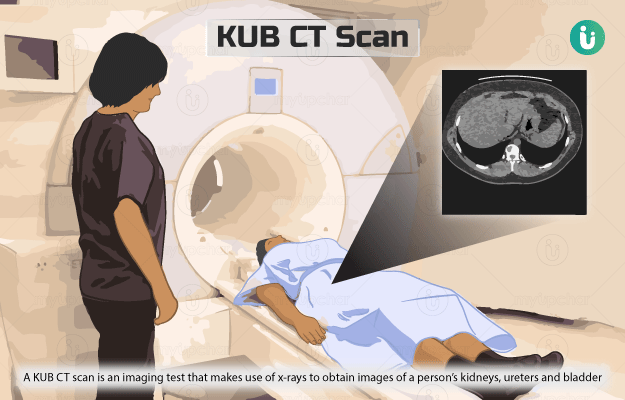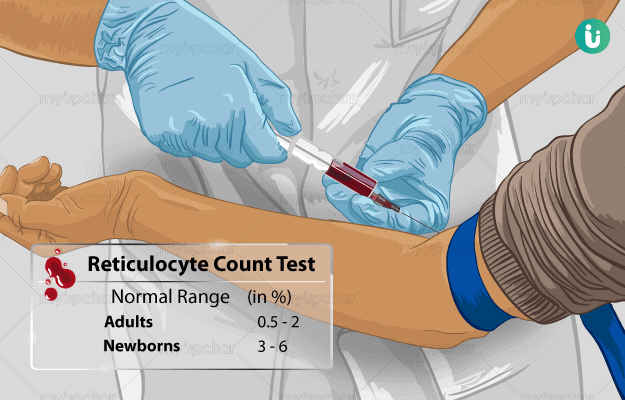What is Immunofixation Electrophoresis Serum test?
This test measures the amount of immunoglobulins (antibodies) in your serum. Antibodies are immune system proteins that help the body to fight infections and diseases. Specific antibodies or immunoglobulins are formed against specific antigens (foreign substance or microbe).
Immunoglobulins can be of different types - IgA, G, M, E and D. All the immunoglobulins produced from a single antibody molecule are called monoclonal immunoglobulins. Their levels may markedly increase in the body in certain health conditions.
The immunofixation blood test not only helps the doctor to determine if excess amount of specific antibody types are present in your blood but also it aids in finding out abnormal immunoglobulins.
In this test, the proteins in the blood are separated on a gel on the basis of their size and the electric charge. Once separated, they form bands of different widths, which are then studied to obtain the results.

































